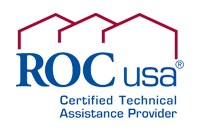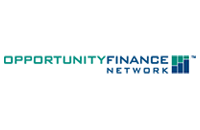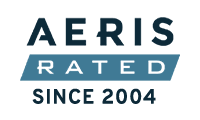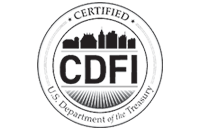
Developing soft skills will serve you well
By Community Loan Fund staff
In recent years, as our work and the world continue to require more competent and interpersonal interaction, soft skills have become more important.
As our work and the world require more competent and interpersonal interaction, businesses want workers with soft skills.
All organizations need employees with hard, technical, skills — be it in real estate, lending, regulatory compliance, licensure, or other expertise. In recent years, however, as our work and the world continue to require more competent and interpersonal interaction, soft skills have become more important.A highly successful worker can navigate an office environment and culture with effective and appropriate communication and collaborative problem-solving, in addition to being able to apply technical expertise in their given role.
So, what exactly do I mean by a hard skill and a soft skill?
A hard skill is something quantifiable, such as the ability to create spreadsheets in Microsoft Excel or to process a loan application. Hard skills are generally acquired through instruction, practice, and application.
By contrast, soft skills are more nuanced. They’re best described as personal attributes related to the way a person works and interacts with others.

While each work environment may require different soft skills, a few I recommend all workers develop and maintain include:
Communication. Clear communication face-to-face, in writing, and on the phone is critical for most roles. Can you speak politely and bridge communication gaps both in and outside your office? Can you interact appropriately with managers and staff? Are you an active listener, are you able to reflect back what others have expressed? Which is more valuable to you, empathetic and compassionate interaction or proving you’re right?
Critical thinking. How well you analyze and apply your skills to complex situations is an example of soft-skill acuity. Can you make informed decisions? How do you go about understanding problems, applying your knowledge, and coming up with solutions? Employers want workers who are curious about their work and creative and thoughtful in the solutions they propose. (I’ll also add from my own wish list: flexibility. Those who keep an open mind when solving problems always stand out in my book.)
Collaboration. Your ability to successfully interact with others is the heart of what I mean by soft skills. Can you politely and professionally navigate situations where you don’t see eye to eye with your team members or supervisor? How willing are you to negotiate for a win-win result rather than championing your own solution? Can you give and receive feedback in a thoughtful, kind, and fair manner?
Stress management. All jobs involve varying levels of stress. Can you handle it while remaining calm and professional? Do you bring a positive attitude to your work? The ability to prevent being overwhelmed by stress, or to resist dealing with it by gossiping or complaining, is a very valuable skill.
Organization. Do you have a strong work ethic? Do you arrive to work on time, stay focused, and complete your tasks thoroughly? Can you follow up on multiple action items and projects? Can you keep those needing to be in the loop informed and updated? Do you keep accurate records to track your progress and keep your team and supervisors engaged?
Soft skills are something only you can develop for yourself. They aren’t taught in classrooms and often aren’t included in workplace training or coaching (unless it’s clear that yours are lacking). Even then, instruction can only be minimally effective without your commitment to incorporating them into your work life.
A strong collection of soft skills, applied with tact and creativity, will never steer you wrong. A lack of soft skills, however, can overshadow the contributions of your hard skills, driving a wedge between you and your co-workers. Taking the time to develop and practice these skills now will serve you well — now and into the future.
Samantha Curran is Director of Human Resources at the Community Loan Fund.
Check out our current job openings.















